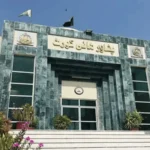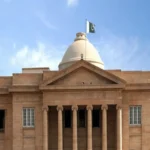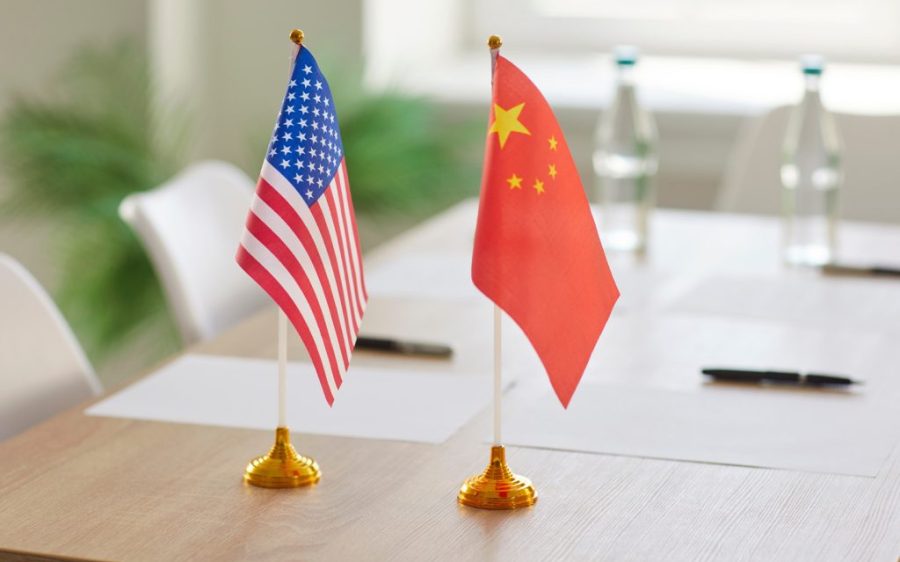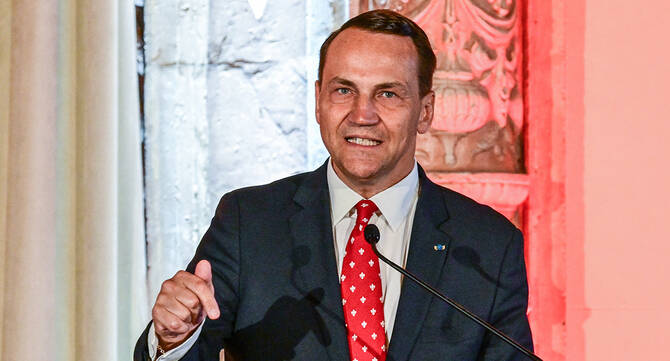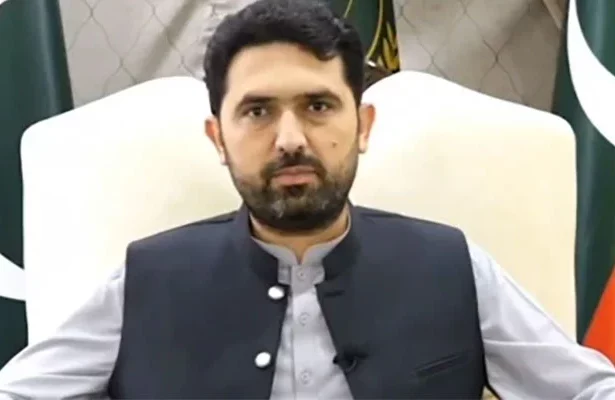PPP lawmakers approval despite HR cell’s concerns: In the National Assembly, the Pakistan People's Party lawmakers favor amendments to cybercrime law. However, the party’s HR cell showed dissent towards the amendments. The PPP’s favoritism towards the Pakistan Electronic Crimes Act (PECA) contradicted the stance of the party’s HR cell. Farhatullah Babar, the main lead of …
Outrage Erupts Over Controversial Amendments to Cybercrime Law
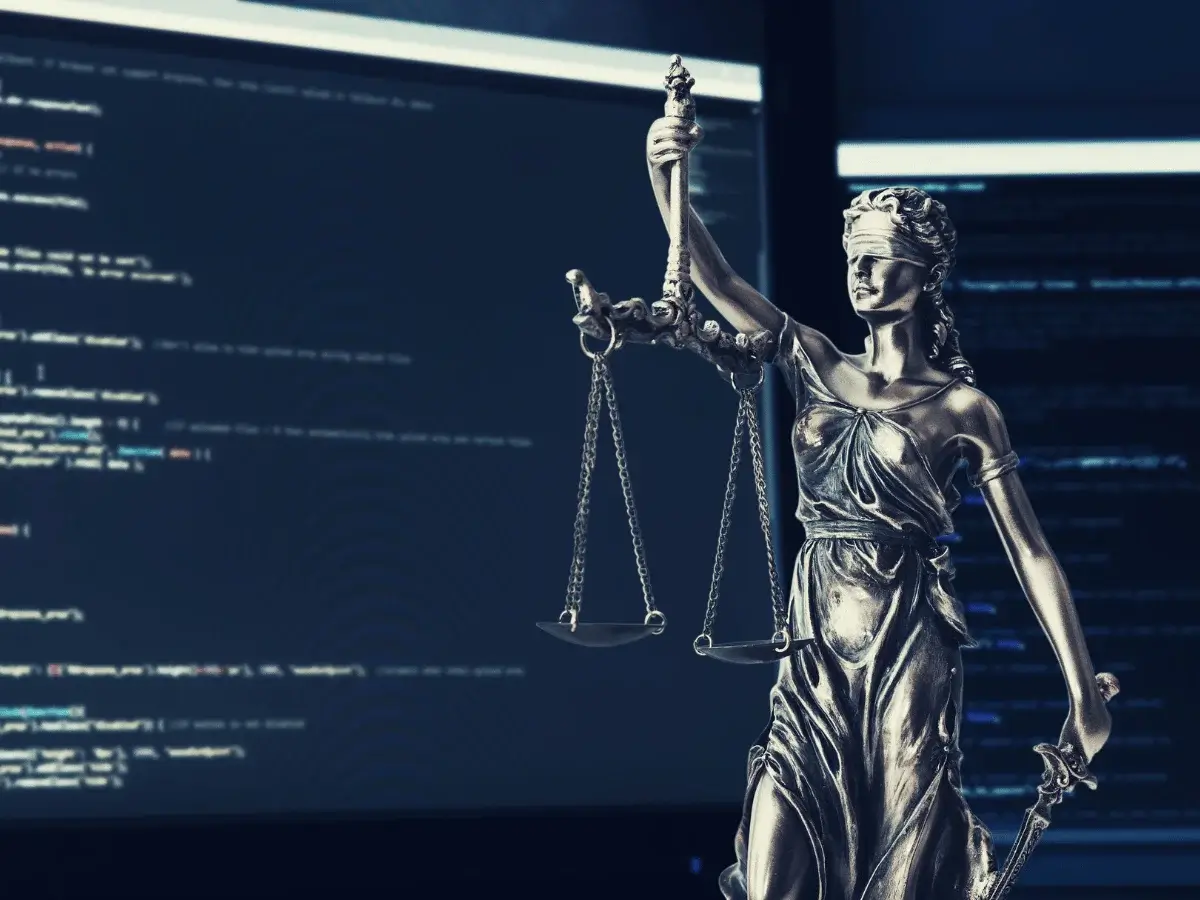
- Pakistan People’s Party accepted changes in Pakistan’s Cybercrime law despite opposition from their party’s own Human Rights (HR) cell.
- Journalists, social media activists, and organizations strongly condemned these amendments and declared it a step to halt human freedom of expression and media independence.
PPP lawmakers approval despite HR cell’s concerns:
In the National Assembly, the Pakistan People’s Party lawmakers favor amendments to cybercrime law. However, the party’s HR cell showed dissent towards the amendments. The PPP’s favoritism towards the Pakistan Electronic Crimes Act (PECA) contradicted the stance of the party’s HR cell. Farhatullah Babar, the main lead of the PPP HR cell, criticized these amendments.
Also Read: Elon Musk’s Starlink Set To Launch Services In Pakistan Soon
He stated that the amendments in the Cybercrime law halts freedom of expression. Moreover, these amendments expand the authority of intelligence agencies. The intelligence agencies then help to regulate the social media content and expose the fraudulent, destructive content from the social media. In fact, these agencies will also investigate journalists, social media users and the public.
Babar warned by saying, “This law gives sweeping powers to the executive over both the content and the messengers.”
JUI-F stands alone in opposition:
The Jamiat Ulema-e-Islam-Fazl was the only party in the Assembly who opposed these amendments. The JUI-F, however, showed dissent in these amendments and supported the Journalist and social media activists’ stance on these amendments.
Media bodies condemn the amendments:
The social media activists and the Journalists all around in Pakistan strongly condemned these amendments. They argued that these changes will suppress their freedom of speech and call them criminals for their opposing viewpoints in the matters.
A coalition of journalist groups, including the Pakistan Federal Union of Journalists (PFUJ), Pakistan Broadcasters Association (PBA), Council of Pakistan Newspaper Editors (CPNE), All Pakistan Newspapers Society (APNS), and the Association of Electronic Media Editors and News Directors (AEMEND), issued a joint statement condemning the government’s actions.
According to the statement, “This law targets not only social media but also electronic and print media’s digital platforms. It aims to criminalize dissenting opinions.” The coalition of Journalists groups will challenge these amendments in court and launch protests.
Global concerns over freedom of expression:
Pakistan’s amendment to the Cybercrime law has raised concerns globally. International organizations also raised their voices against these amendments. The Global Network Initiative (GNI) called on the government to reconsider its rushed approval process.
Jason Pielemeier, the GNI Executive Director, urged Pakistan to conduct open and transparent consultations with all stakeholders. He highlighted the expanded definition of unlawful content, which now includes “fake or false information” and “aspersions” against constitutional institutions and their officers.
“These changes threaten the freedom of opinion, expression, and press,” the GNI statement said. It reminded Pakistan of its obligations under the International Covenant on Civil and Political Rights.
Journalists unite against the amendments:
Journalist groups across Pakistan have rejected the amendments. The Journalist’s group declared them unconstitutional. The JUI-F called these amendments an attack on the media and free speech. The entire Journalist community rejects these amendments.
The Karachi Press Club (KPC) also condemned the law. KPC President Fazil Jamili and Secretary Sohail Afzal Khan called it a threat to freedom of expression. They said, “The government should empower the media for accurate reporting instead of suppressing free speech.”


